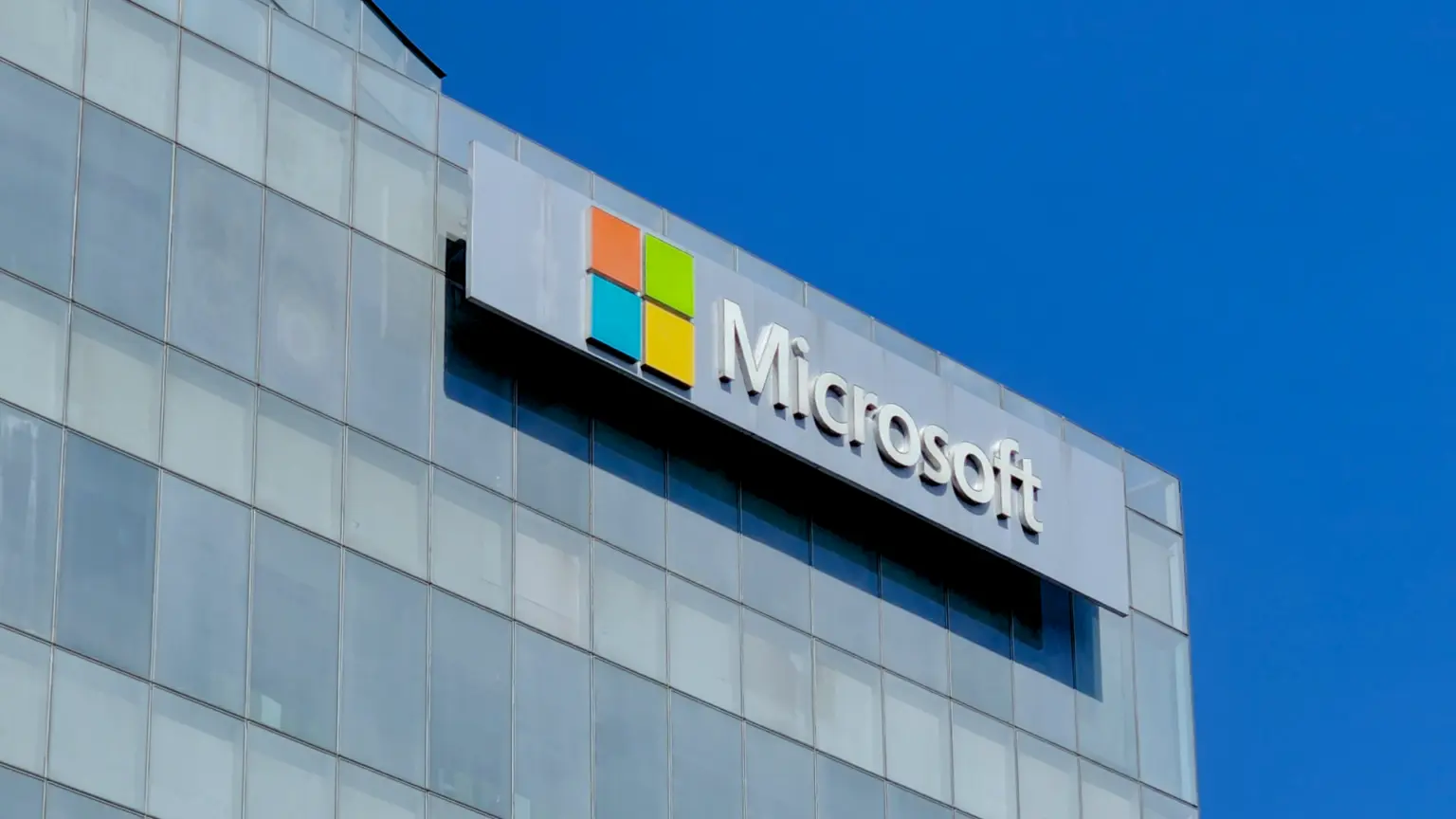Microsoft has signalled that it is prepared to spend unprecedented amounts to dominate the era of artificial intelligence. The company is forecasting a record $30 billion in capital expenditure (capex) in the current fiscal quarter alone. This massive investment is a direct response to the explosive demand for AI services, which is driving the rapid growth of its Azure cloud platform.
Confirming the validity of this strategy are the latest results. Microsoft has revealed for the first time that annual revenues from Azure have exceeded $75 billion, beating analyst expectations. The growth rate reached 39% in the past quarter and is forecast to remain at 37% for the current period. These figures show that the giant investment in data centre infrastructure is starting to pay off and is translating into real, already contracted orders.
Microsoft’s decision is part of a wider trend in the industry. Google is also increasing spending on data centres to meet demand for its AI services. Although Azure is still chasing the market leader, Amazon Web Services, such aggressive investment is aimed at quickly closing the gap. The market has reacted enthusiastically, with the company’s shares recording a sharp rise after the results were announced.
However, Microsoft’s strategy is not without risk. A key element remains its close partnership with OpenAI, the terms of which are currently being renegotiated. There are reports of ChatGPT developers seeking alternative cloud providers, which could undermine Microsoft’s exclusivity.
Redmond-based management is aware of this challenge. The company is actively diversifying its AI portfolio, developing its own language models and expanding its offerings on the Azure platform with technologies from partners such as Meta, xAI and France’s Mistral. This move is an attempt to secure its position and become independent of one key technology provider.












